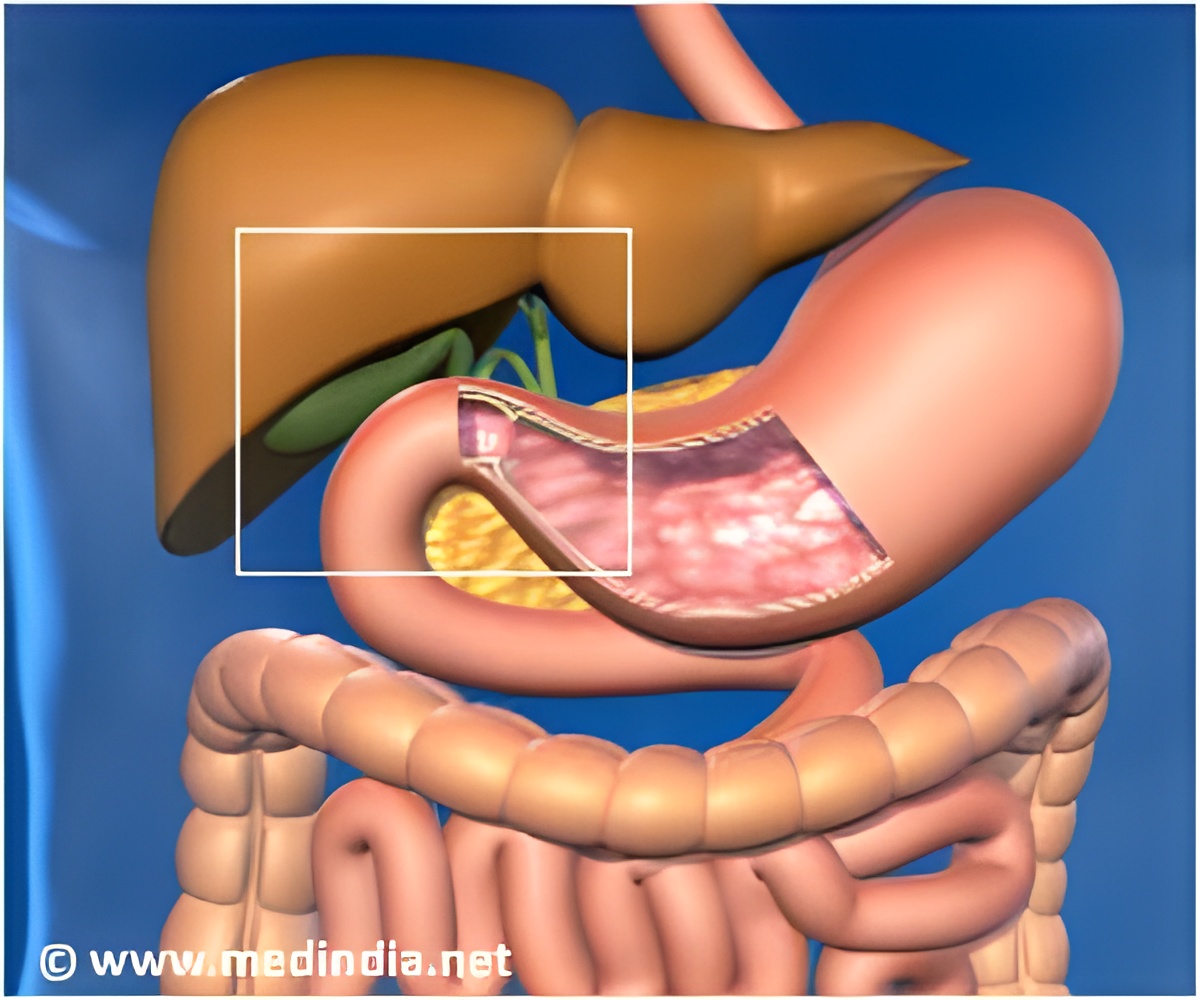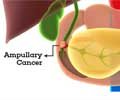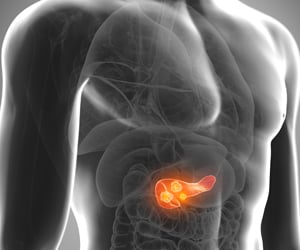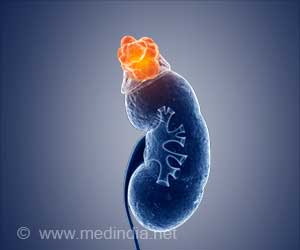Researchers focused on a family of molecules called Notch, which are critical for the formation of bile ducts as the liver develops in an embryo.

TOP INSIGHT
A family of molecules called Notch, are critical for the formation of bile ducts as the liver develops in an embryo.
The team looked at whether these molecules are involved in bile duct cancer and found that one of them - Notch 3 - is a key driver of tumour development. Mice that do not have the Notch 3 gene develop fewer tumours and those that do form are much smaller in size, the study found.
The researchers showed that Notch 3 triggers a pathway of signalling molecules called AKT, which drives cells in the tumour to reproduce uncontrollably. Tissue samples from patients with bile duct cancer had higher levels of Notch 3 than samples from normal liver, suggesting that blocking the molecule could offer a new way of treating the disease in people.
The researchers caution that much more research is needed before a therapy could be developed but the findings could help to improve diagnosis.
Bile ducts are found in the liver and are important for helping to drain toxins. Cancer of the bile ducts - known as cholangiocarcinoma - is the second most common primary liver cancer and has a very poor prognosis. The disease is difficult detect and often isn't accurately diagnosed until the tumour is too advanced for surgery, which is the only curative treatment. Other treatment options are limited as the cancer typically does not respond well to chemotherapy.
The study, published in the Proceedings of the National Academy of Sciences, was funded by Wellcome, the Medical Research Council, AMMF - the Cholangiocarcinoma Charity, Cancer Research UK and the European Research Council.
Miss Rachel Guest, a Clinical Lecturer in General Surgery at the University of Edinburgh, said: "It is crucial that we find methods to diagnose bile duct cancer earlier and this molecule may be one opportunity to do this. Although more studies are needed before this becomes a reality, cholangiocarcinoma has previously been under-researched and this work is a welcome insight into a very deadly cancer."
Helen Morement, Chief Executive Officer of AMMF - The Cholangiocarcinoma Charity, commented: "The Notch 3 findings by the Edinburgh team are potentially very important. Cholangiocarcinoma is a truly devastating disease, with very little in the treatment armoury - to have discovered an area that may lead to a novel therapy is certainly welcomed by AMMF."
Source-Eurekalert
 MEDINDIA
MEDINDIA




 Email
Email










